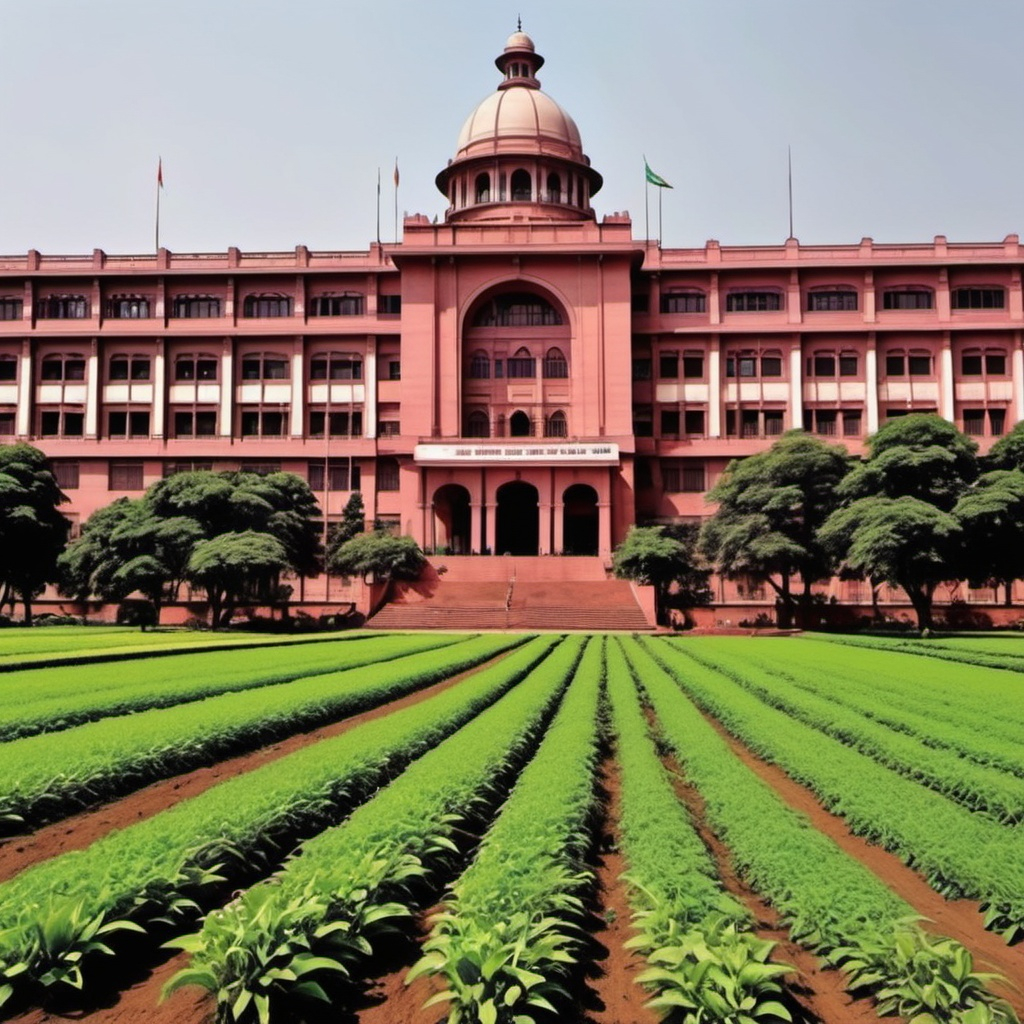
What Is the Agriculture Department?
The Agriculture Department is a governmental body responsible for overseeing and regulating agricultural activities within a country. Its primary goal is to support and promote the agricultural sector, ensuring that it operates efficiently and sustainably while contributing to the overall economic growth of the nation.
Key Functions of the Agriculture Department
The Agriculture Department performs several crucial functions to support farmers and agricultural businesses:
- Policy Development: Formulating and implementing policies related to agriculture, including subsidies, trade regulations, and land use.
- Research and Development: Conducting research to improve crop yields, animal health, and farming practices. This includes funding research projects and disseminating findings to farmers.
- Extension Services: Providing technical support and advice to farmers through extension services, which include training programs and on-site consultations.
- Regulation and Compliance: Enforcing regulations related to food safety, environmental protection, and animal welfare. This involves inspecting farms and facilities to ensure compliance with standards.
- Support Programs: Administering various support programs such as grants, loans, and insurance schemes to assist farmers and agricultural businesses in times of need.
Structure of the Agriculture Department
The structure of the Agriculture Department typically includes several key divisions or agencies, each focusing on specific areas:
- Office of the Secretary: The central leadership responsible for overall policy direction and coordination within the department.
- Research Divisions: Specialized units dedicated to agricultural research, including crop science, animal husbandry, and soil management.
- Extension Services: Teams providing education and technical assistance to farmers, often operating at the regional or local level.
- Regulatory Agencies: Bodies responsible for enforcing agricultural regulations, including food safety, pesticide use, and environmental protection.
Impact on Agriculture and Rural Communities
The Agriculture Department plays a vital role in shaping the agricultural landscape and supporting rural communities:
- Economic Development: By promoting agricultural innovation and supporting farmers, the department contributes to the economic development of rural areas.
- Food Security: Ensuring a stable and safe food supply through effective regulation and support for sustainable farming practices.
- Environmental Stewardship: Encouraging practices that protect natural resources and promote environmental sustainability in agriculture.
Collaboration with Other Entities
The Agriculture Department often collaborates with various stakeholders to achieve its objectives:
- Research Institutions: Partnering with universities and research organizations to advance agricultural science and technology.
- Industry Groups: Working with agricultural associations and industry groups to address sector-specific challenges and opportunities.
- International Organizations: Engaging with global organizations to address international agricultural issues and promote best practices.
Challenges Facing the Agriculture Department
The Agriculture Department faces several challenges in its mission:
- Climate Change: Addressing the impacts of climate change on agriculture, including extreme weather events and shifting growing conditions.
- Sustainable Practices: Balancing the need for increased production with the need for sustainable and environmentally friendly practices.
- Resource Management: Managing limited resources and funding effectively to support a growing and evolving agricultural sector.